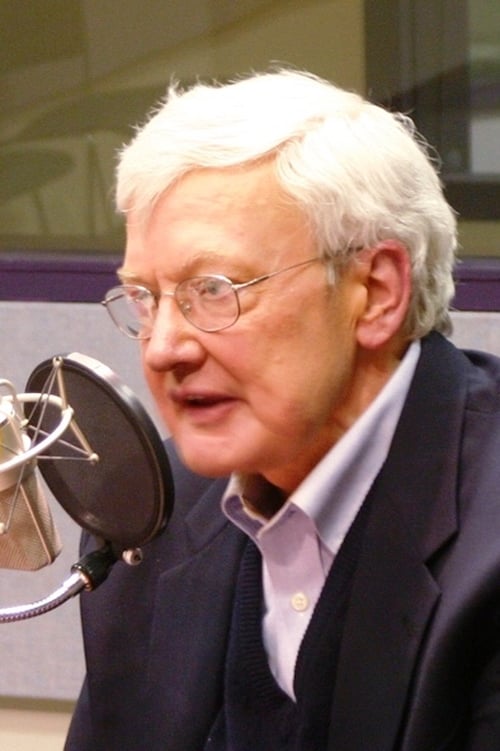
Roger Ebert
Nacimiento : 1942-06-18, Urbana, Illinois, USA
Muerte : 2013-04-04
Historia
Roger Ebert was a Pulitzer Prize winning film critic, journalist, and screenwriter. Described by Forbes magazine as the "most powerful pundit in America", Ebert was the first film critic to be awarded a star on the Hollywood Walk of Fame as well as a Pulitzer Prize.
Ebert's began his criticizing career in 1967 as a critic for the Chicago Sun-Times and later gained national recognition co-hosting a number of shows with Gene Siskel in which they coined the 'thumbs up- thumbs down' style of reviewing.
Following Siskel's 1999 death Ebert continued to host "And The Movies" with Richard Roeper until 2006 when he stopped appearing due to developing Thyroid cancer. Complications from the cancer ended up taking much of his tongue and jaw, forcing Ebert to undergo massive reconstruction surgery and speak with the help of a computer program (which was configured with his own voice due to the volume of recorded spoken language from Ebert's TV show).
He continued to write reviews for his website later in life. On April 3rd, 2013 announced his cancer had returned and he would be taking a "leave of presence", lowering the amount he would be writing and only reviewing films he wanted to review.
Ebert succumbed to his cancer the next day, April 4th, 2013.
The balcony is closed.

Himself
A look at the last one hundred years of the cinematic artform.
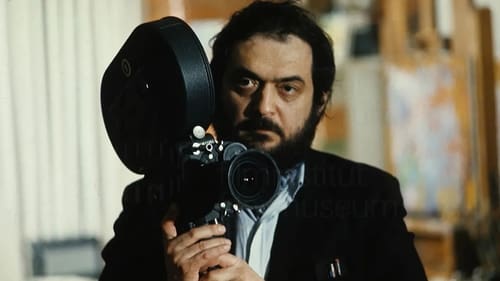
Self (archive footage)
Un viaje raro y trascendente a la vida y las películas del legendario Stanley Kubrick como nunca antes habíamos visto, con un tesoro de grabaciones de entrevistas desenterradas del propio maestro.

Himself
Unleashed from the video vaults of the American Genre Film Archive (AGFA), AGFA MYSTERY MIXTAPE #3: SEQUELITIS is a brand new compilation of the most electrifying found footage mayhem that you’ll see this week. For our third tape, we’re diving into the most controversial, hotly debated topic of all time: HORROR SEQUELS! Thank you for your generous support during these difficult times. And remember: “This makes Guns N’ Roses look like THE BRADY BUNCH.”

Self (archive footage)
Though legendary lyricist Howard Ashman died far too young, his impact on Broadway, movies, and the culture at large were incalculable. Told entirely through rare archival footage and interviews with Ashman’s family, friends, associates, and longtime partner Bill Lauch, Howard is an intimate tribute to a once-in-a-generation talent and a rousing celebration of musical storytelling itself.
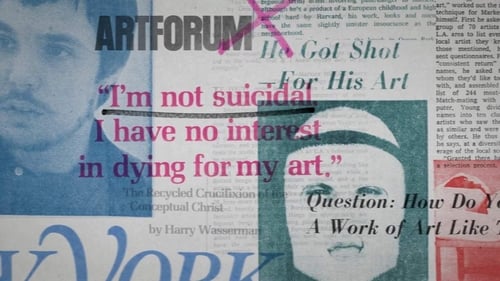
(archive footage)
A probing portrait of Chris Burden, an artist who took creative expression to the limits and risked his life in the name of art.
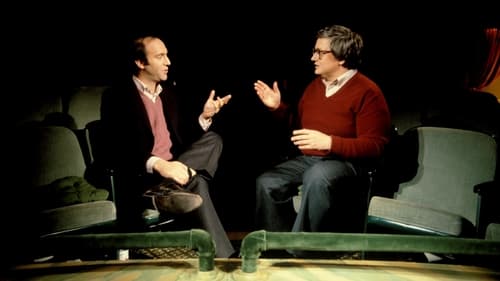
Self - Film Critic
La sorprendente y entretenida vida del célebre crítico de cine y comentarista social Roger Ebert (1942-2013): sus primeros días como un despreocupado soltero y ganador del Premio Pulitzer; su célebre y polémica asociación con Gene Siskel; su matrimonio, que cambió su vida; y su valiente y trascendental batalla contra el cáncer.

Himself
Throughout the ’80s John Hughes defined the teen movie genre and spoke not only to that generation’s teens, but every generation that has followed. Then in 1991 he hung up his director’s hat and disappeared into obscurity ala J.D Salinger. In 2008, a group of young Canadian filmmakers set out to complete a documentary about the man with what they hoped would culminate with an interview, which would be his first since 1999.
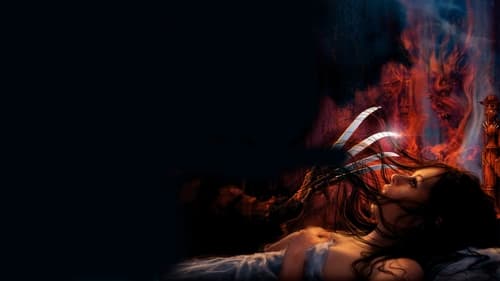
Self (archive footage)
Extenso documental (de cuatro horas de duración) que analiza el impacto y la importancia de la saga "Pesadilla en Elm Street", presentando entrevistas con sus principales responsables, como el creador del film original (Wes Craven) o el actor asociado al temible Freddy Kruger, Robert Englund.
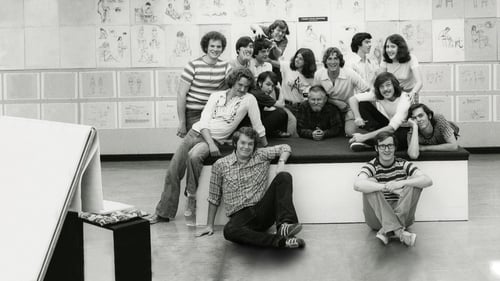
Self (archive footage)
Ópera prima de Don Hahn, uno de los productores más importantes de Disney. Documental que analiza el periodo que va de 1984 a 1994, en el que se filmaron obras como “¿Quién engañó a Robert Rabbit“, “La Sirenita“, “Aladdín“, “Pesadilla antes de Navidad" o "El rey león". Cuenta con testimonios de grandes personalidades de los estudios Walt Disney como el director Tim Burton, el productor John Lasseter, el desaparecido Roy Edward Disney, que fue quien renovó la producción animada y lideró el imperio. Queda patente que la producción animada no es ajena a las luchas por el poder entre los productores ejecutivos. (FILMAFFINITY)
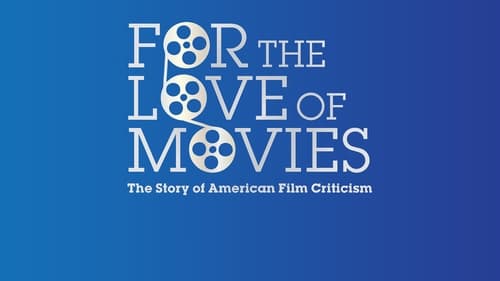
Himself
The story of American film criticism.

Self
From its simple beginnings in 1939 in a sleepy beach town in the south of France, the prestigious Cannes Film Festival has become the must-attend red carpet event of the year. Filmmaker Richard Schickel's fascinating documentary captures the glitz and glamour of the festival's incredible 60-year run with archival footage and unforgettable moments. Hollywood's biggest names including Clint Eastwood, Martin Scorsese, Sharon Stone and Harvey Weinstein talk about the politics, madness, and thrills of competing for one of the industry's highest honors - the coveted Palme d'Or - and what it's like to be at the most fabulous festival by the sea.
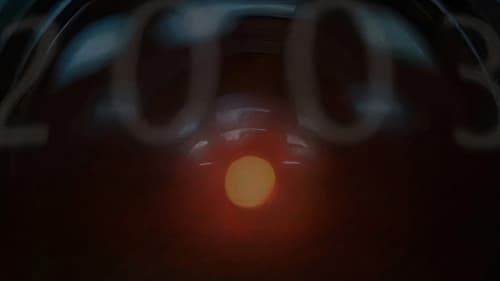
Self
This documentary about "2001: A Space Odyssey" looks at some of the things that seemed fanciful in 1968, which don't seem quite as much anymore.

Self
Cinematographer John A. Alonzo was one of the driving creative forces in the resurgence of expressionistic American movies of the late 1960s and '70s. Director Axel Schill's documentary explores Alonzo's work on key films of that era and beyond. Clips from Chinatown, Scarface, Internal Affairs and other movies accompany interviews with stars such as Richard Dreyfuss, Sally Field and contemporary cinematographer Haskell Wexler.

DEAD TEENAGER MOVIE is a short-format documentary examining a specific sub-genre of teen slasher films; namely the Dead Teenager Movie - a term coined by movie critic, Roger Ebert. Through the use of interviews with cultural professors, film historians, directors, writers, producers and film critics, and with visual aids from movie clips of several dead teen horror films, the documentary explores the origins of these stories from their beginnings in urban legends to their jump to the big screen in the late 70s to their modern incarnations (like FINAL DESTINATION 3 and its two predecessors). It look sat what clichés and stereotypes define the sub-genre, and how they have developed in cinema over time, particularly finding a home at New Line Cinema.

Self
Retrospective documentary about the making of the 1970 cult film "Beyond the Valley of the Dolls."
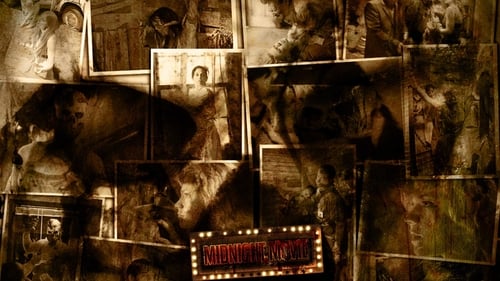
Himself
From 1970-1977, six low budget films shown at midnight transformed the way we make and watch films.

Self
Documental que sigue al director James Toback durante 12 días en el rodaje de su thriller "When Will I Be Loved", un film de bajo presupuesto sin guión y sin distribución.

Self
A documentary exploring the historical concept of the narrative of Stanley Kubrick's 1964 film "Dr. Strangelove Or: How I Learned to Stop Worrying and Love The Bomb." This short documentary compares the film with the actual events concerning the Cold War and the Cuban Missle Crisis.
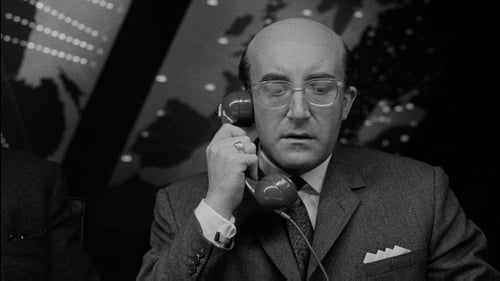
Self
Documentary about actor Peter Sellers and one of his most memorable film roles.
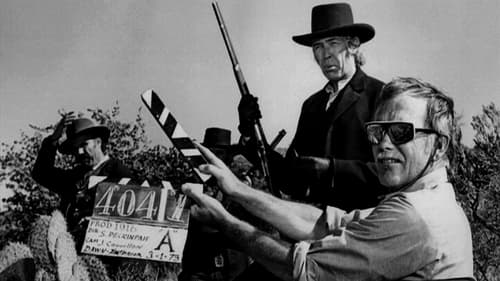
Self
An account of the life and work of American film director Sam Peckinpah (1925-84), a tortured artist whose genius and inner demons changed the Western genre forever.

Himself
Chronicles the life of Curtis Clemins, who is torn between the love of his life and accomplishing his dream. When hitting rock bottom during the Sundance Film Festival, Clemins' calls upon his old college chum, Kevin Prouse, giving the now drunken acting instructor in the throes of a divorce, the only clue that will salvage Clemins' rapidly deteriorating life.

Self
Directed by Kevin Burns, this documentary from Playboy Home Video examines the oftentimes tense relationship between sex, women, and popular Hollywood culture. With a particular focus given to Marilyn Monroe, Jayne Mansfield, Jean Harlow, and Sharon Stone, Sex at 24 Frames Per Second studies the role of female sexuality in film throughout the years. ~ Tracie Cooper, Rovi

Self
Rosanna Arquette se pregunta por qué Debra Winger dejó la profesión en la cumbre de su carrera. Éste es el punto de partida del acercamiento a actrices de Hollywood y Europa de la talla de Jane Fonda, Holly Hunter, Whoopi Golberg, Sharon Stone, Melanie Griffith, mujeres que, en cuanto han dejado atrás la juventud, han sido olvidadas por la industria cinematográfica. Hablan de sus experiencias, especialmente de cómo lograron compaginar vida familiar y laboral.

Self (archive footage)
Isabella Rossellini, Kyle MacLachlan, Dennis Hopper, Laura Dern, and producer Fred Caruso are interviewed for this 68-minute documentary about the making of David Lynch's Blue Velvet

Self
Known for what must be the cheapest and cheesiest of the indie film world, Troma films takes on Cannes with gallons of fake blood, the Tronettes, and numerous hijinks by an uncontrollable group of volunteer Troma fans, costumed, naked, and did I mention covered with blood? While any publicity is good publicity, the low budget Troma films must wonder what this will do to their reputation. And I think they're thinking, woohoo!

Himself
A 60-minute salute to American International Pictures. Entertainment lawyer Samuel Z. Arkoff founded AIP (then called American Releasing Corporation) on a $3000 loan in 1954 with his partner, James H. Nicholson, a former West Coast exhibitor and distributor. The company made its mark by targeting teenagers with quickly produced films that exploited subjects mainstream films were reluctant to tackle.

Himself
Documental que recoge la vida y obra del legendario animador Chuck Jones, creador de algunos de los más famosos Looney Tunes y ganador de varios Oscar por su labor con dichos personajes.

Self
A documentary film that explores the relationship between publicists and journalists in Hollywood.

Roger Ebert
A film director (Adam Rifkin) decides to chart the course of a young actor (Tony Markes) as he tries to make it in Hollywood...

Self
Filmmakers at the Sundance Film Festival discuss what it is like to be an independent filmmaker, and what Sundance has done for them.

Himself
Two young writers try to pitch their script to the big and famous.

Himself
This short documentary follows director Hayao Miyazaki and producer Toshio Suzuki as they attend two film festivals showing the film Princess Mononoke and answer questions. Miyazaki discusses his experience in LA before founding Studio Ghibli.

This documentary celebrates the ridiculous stunts used by Hollywood over the years to market its worst movies. These include the ’50s drive-in where moviegoers could drop off their dirty laundry and pick it up after the show, horror filmmaker William Castle’s vibrating seats and producer Sam Arkoff’s offer to pay for the funeral of anyone scared to death by his film. Amusing interviews with critic Roger Ebert and director John Waters, creator of Smell-O-Vision, enliven a program that has one central failing: host Frankie Avalon, who remains as schlocky as ever.
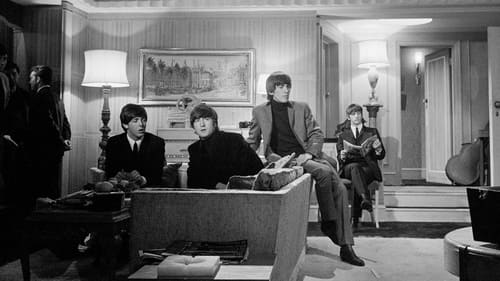
Host
Thirty years after A Hard Day's Night, its producer, director, writer and others describe its making. United Artists Records came to Walter Shenson, asking him to produce a movie so UA could issue a soundtrack album. Shenson signed Lester to direct, and they got the Beatles to agree to star. Shenson sent Owen to Dublin to spend time with the Fab Four; from this came a script built around their being prisoners of their own success. Phil Collins, himself an extra on A Hard Day's Night, hosts this examination of a seminal film: what was ad-libbed, why was it a hit, what was its influence on other movies, and how did it define the way the public viewed each Beatle for years to come?

Himself - Narrator & Introduction
A retrospective documentary on the life and career of Ohio-born actress, singer and TV star Doris Day.

Writer
Citizen Yuppie is a 1-minute long short film directed by noted film critic Roger Ebert, originally shown alongside his partner Gene Siskel's short film (A Confessional Documentary) on the 1987 broadcast of their annual Holiday Gift Guide program. It was shot entirely on a (then-new) Fisher Price PixelVision PXL2000 low-fidelity camcorder in monochrome on compact audio cassette, inspiring Richard Linklater to utilize the same technique in his 1991 feature SLACKER. The film recontextualizes Citizen Kane to provide some self-reflexive commentary on the filmmaker's status in the world.

Director
Citizen Yuppie is a 1-minute long short film directed by noted film critic Roger Ebert, originally shown alongside his partner Gene Siskel's short film (A Confessional Documentary) on the 1987 broadcast of their annual Holiday Gift Guide program. It was shot entirely on a (then-new) Fisher Price PixelVision PXL2000 low-fidelity camcorder in monochrome on compact audio cassette, inspiring Richard Linklater to utilize the same technique in his 1991 feature SLACKER. The film recontextualizes Citizen Kane to provide some self-reflexive commentary on the filmmaker's status in the world.

Citizen Yuppie
Citizen Yuppie is a 1-minute long short film directed by noted film critic Roger Ebert, originally shown alongside his partner Gene Siskel's short film (A Confessional Documentary) on the 1987 broadcast of their annual Holiday Gift Guide program. It was shot entirely on a (then-new) Fisher Price PixelVision PXL2000 low-fidelity camcorder in monochrome on compact audio cassette, inspiring Richard Linklater to utilize the same technique in his 1991 feature SLACKER. The film recontextualizes Citizen Kane to provide some self-reflexive commentary on the filmmaker's status in the world.

Self
Stan Brakhage is a film maker whose work is shown mainly at film festivals. His work has been likened to poetry. Brakhage explains his techniques and his motivation.
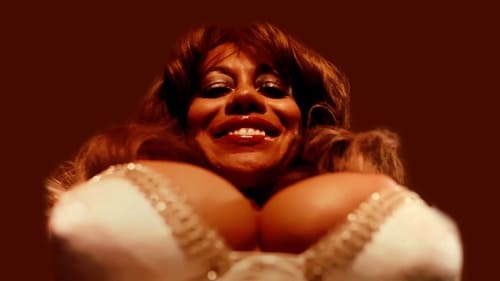
Screenplay
La historia (escrita por Meyer junto al famoso crítico de cine Roger Ebert) gira en torno al pobre Lamar Shedd (Ken Kerr), incapaz de hacer el amor mirando a la cara de su pareja. La increíble Lavonia (Kitten Natividad) intentará por todos los medios curarle de ese gran problema, lo que le llevará a más de un encuentro sexual con diferentes mujeres.
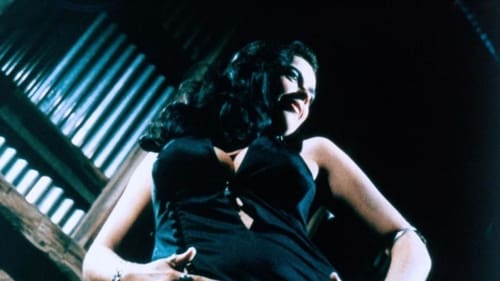
Original Story
Esto comienza con el asesinato de Adolf Schwartz (que tiene un parecido sorprendente con otro famoso Adolf) colocando un pez piraña voraz en su bañera. Quién lo hizo? Nadie sabe ni le importa, ya que estan demasiado distraídos por la pechugóna Margo Winchester, que hace autostop en # la ciudad y se involucra con todos los hombres de la localidad.
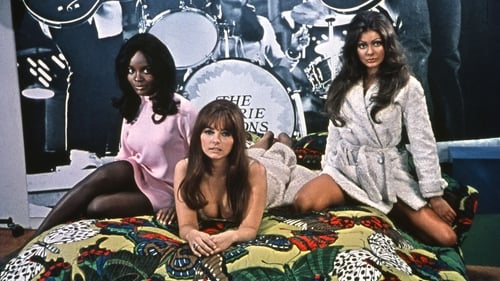
Story
La historia sobre los problemas y ventajas de un trio femenino de rock para conseguir un lugar en el panorama de finales de los sesenta... En su primera película para un gran estudio, Meyer simplemente hizo lo que había venido ofreciendo durante años (esto es: chicas neumáticas, diálogos delirantes e incorrectos -escritos por el famoso crítico de cine americano Roger Ebert-, además de sexo y drogas por doquier) pero a lo grande. Así consiguió, pese a su clasificación X, uno de sus mayores éxitos.

Screenplay
La historia sobre los problemas y ventajas de un trio femenino de rock para conseguir un lugar en el panorama de finales de los sesenta... En su primera película para un gran estudio, Meyer simplemente hizo lo que había venido ofreciendo durante años (esto es: chicas neumáticas, diálogos delirantes e incorrectos -escritos por el famoso crítico de cine americano Roger Ebert-, además de sexo y drogas por doquier) pero a lo grande. Así consiguió, pese a su clasificación X, uno de sus mayores éxitos.



















